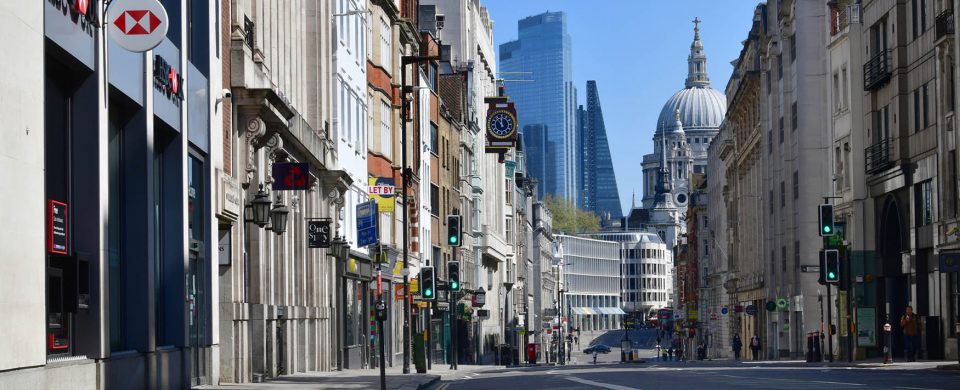What needs to change after the COVID crisis?
A crisis always prompts soul searching, all the more so when its scale is measured by a daily death toll.
The bank crash was an existential crisis to the financial system that ultimately did cost lives as austerity reduced life expectancy.
People said things would never be the same. But, apart from banks being forced to be more cautious in their lending, little has changed.
With the coronavirus crisis there’s again talk of a big rethink of how we live and work – from suggestions that home working will become the norm to a recognition that the NHS and public services can’t be stripped to the bone.
The Financial Times has even called “for a reversal of the prevailing policy direction of the last forty years”. In other words, ‘free markets’ will no longer be seen as capable of solving everything.
Britain has certainly found itself wanting after taking the application of this neo-liberal doctrine further than any other country since the Thatcher era.
A combination of the free movement of capital and the unwillingness of successive governments to intervene in the economy has meant that manufacturing is now only 11% of our economy.
Countries have always specialised, but Britain has taken this to a point where there are only two or three industries in which we are serious global players.
As many panic buyers found out in March, we don’t make freezers any more. As Matt Hancock has discovered, we don’t have much of a diagnostics industry.
Some argue that we need more labour ‘flexibility’ to be competitive. But how much further can it go when trade union action has been squeezed to levels not seen since the 19th century and millions of workers are on zero hours contracts or in insecure ‘self-employment’?
The idea of more people working from home is alluring to employers eager to casualise the workforce and cut costs. Just think, some commentators say, of the savings that could be made on office overheads?
But workers still need space, warmth and equipment, wherever they work. Expecting them to be efficient in a cramped and cold bedsit is both unfair and ultimately not going to make Britain’s economy great.
We are seeing two very different approaches emerging as to what needs to change after the COVID crisis.
One will look only for opportunities for private gain. The other will see how it has cast a bright light on our inter-dependence and realise that the well-being of each is fragile without the well-being of all.
Steve is a journalist, campaigner and the author of Game Changer: Eight Weeks That Transformed British Politics. This article first appeared in the Western Mail on 29.4.20.
Order a copy here at the special price of £5.00, inclusive of UK postage. ORDER
Order the Kindle version of Game Changer at £2.99 here. ORDER
Photo credit: oversnap

